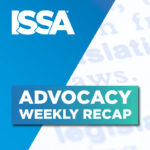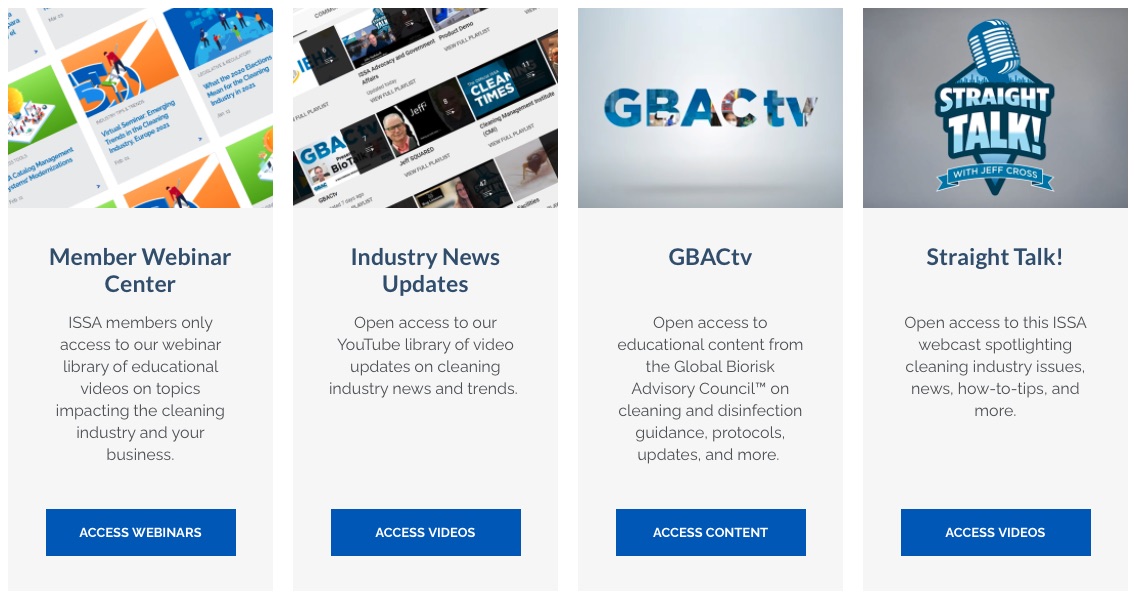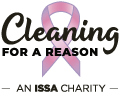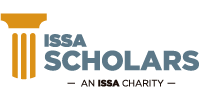News
ISSA Advocacy Recap— Registration Now Open for ISSA’s Clean Advocacy Summit
January 8, 2021
Happy New Year from your ISSA Government Affairs team and welcome to the ISSA Advocacy Recap, our regular roundup of the latest public policy issues impacting the cleaning industry. This week’s recap touches on the 2021 virtual ISSA Clean Advocacy Summit, new SBA guidance on PPP loans, the EPA’s finalized 1,4-dioxane risk assessment, and more.
Registration Now Open – 2021 ISSA Clean Advocacy Summit
Registration is now open for ISSA’s virtual Clean Advocacy Summit, March 30-31, as part of National Cleaning Week. This ISSA event is presented in conjunction with the Independent Office Products & Furniture Dealers Association’s (IOPFDA) Workplace Solutions Summit. Now more than ever, government affairs impacts the full spectrum of the cleaning industry. The virtual summit is a unique opportunity for leaders and members of the industry to be involved with and influence our federal legislative and regulatory processes. Summit participants will join manufacturers, distributors, business service contractors, and residential cleaners in learning about the top public policy issues facing the industry. They will also learn how to be an effective Advocate for Clean and meet with their congressional delegations. Save your seat today!
New SBA Guidance on PPP Loans
The U.S. Small Business Administration (SBA) released several interim final rules related to the Paycheck Protection Program (PPP) and the second draw of PPP loans as outlined in the recently enacted Economic Aid Act. This rulemaking provides details on the reactivation of PPP as well as the rollout of second draw loans for eligible businesses. Generally, the eligibility and documentation requirements for new and second draw PPP loans are similar to the original program, with two major changes: 1. Second draw PPP loans are available to businesses that can demonstrate a 25% loss in revenue compared to last year. 2. Both the maximum loan amount and the payroll amount calculation used to size the loan have changed. SBA also issued specific guidelines for minority, underserved, veteran, and women-owned employers.
EPA Finalizes 1,4-Dioxane Risk Assessment
The U.S. Environmental Protection Agency (EPA) finalized its risk assessment of the solvent 1,4-dioxane on December 31. The analysis, released as a draft supplement on November 19, “pleased no one, including environmental groups, state attorneys general, and the chemical industry,” Chemical & Engineering News reported. The EPA agreed to conduct the supplemental analysis to expand the scope of its initial draft evaluation, released in June 2019, to include risks to consumers from small amounts of 1,4-dioxane impurities in surface cleaners, laundry/dishwashing detergents, and other products after numerous stakeholders criticized the agency for omitting such uses.
OSHA Issues Guidelines to Protect Cleaning Staff from COVID-19
A new guidance document from the U.S. Department of Labor’s Occupational Safety and Health Administration (OSHA) is intended to help cleaning staff reduce their risk of contracting COVID-19, Safety + Health reported. According to OSHA, following these steps can help prevent the spread of the novel coronavirus:
- Stay home if you are sick.
- Wear a face covering.
- Avoid dry sweeping, if feasible, or the use of high-pressure streams of water.
- Wear disposable gloves to clean, sanitize, and disinfect common surfaces.
- Wipe equipment before and after use.
- Use EPA-approved disinfectants or cleaning chemicals.
- Use the warmest water level that is safe and dry laundry completely.
- Wash your hands with soap and water frequently.
- Wipe equipment before and after use.
- Maintain at least six feet between co-workers and customers.
- Wash your clothes as soon as you get home, if possible.
- Report any safety and health concerns to your supervisor.
States Struggle to Increase COVID-19 Vaccinations
Weeks into the national rollout of COVID-19 vaccines, states have inoculated just a fourth of the number of Americans they expected to—”hamstrung by a lack of federal and state leadership, too little money and the dovetailing public health crises of surging hospitalizations and case numbers,” The PEW Charitable Trusts reported. States also continue to adjust their priorities on who should be next in line for the shots, “sometimes with poor communication to providers and the public.” ISSA recently urged the governors of every U.S. state and territory, as well as the U.S. Centers for Disease Control and Prevention to prioritize the cleaning industry for COVID-19 vaccines.
Sign-up for Text Messages from ISSA Government Affairs
Simply text “ISSA” to 50457 to receive text messages from your ISSA Government Affairs Team on pressing legislative and regulatory issues impacting the full spectrum of the cleaning industry. You also can sign-up through our ISSA Action Center under “Sign Up for Alerts.”





